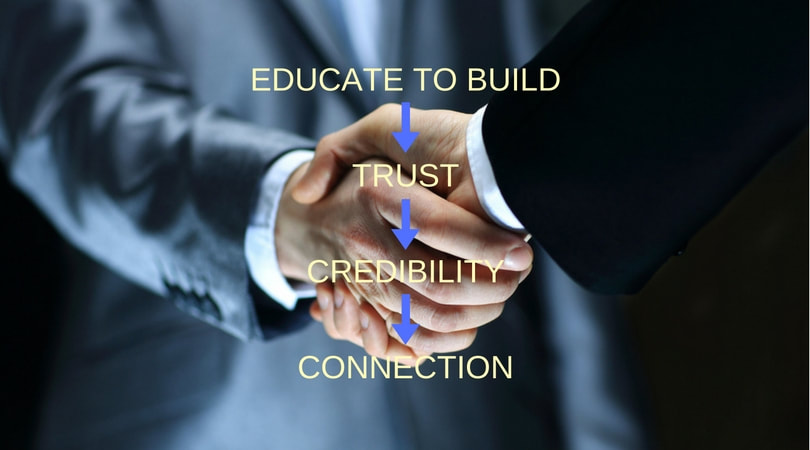|
Quizzes can be a fun marketing tool for engaging your audience, driving site traffic, and gathering information on your target market. As we mentioned in our prior post on education-based marketing, quizzes can be used to help your audience reflect on their own needs and desires, particularly in relation to your product or service. And the marketing statistics on quizzes are compelling:
Capturing Leads Let's look at one example where quizzes are used to boost audience awareness, and also gather valuable data: Ramit Sethi's site, "I Will Teach You To Be Rich". Ramit's home page immediately starts the visitor off with a questionnaire designed to deliver "a custom report based on your unique strengths", which will then help you discover how to make and save more money. The quiz contains a seven personal finance questions that could reasonably be used to help develop a customized approach to your personal situation. At the end, you can fill out a contact form to receive your results, along with Mr. Sethi's prescriptions for you personally. Now, at this point, even if you opt to forego the contact form, and decide not to receive your personalized report, Ramit has gained something valuable with respect to data about his audience demographics. Customizing the Customer Experience Sephora has a variety of quizzes related to their various product lines. For instance, their Fragrance IQ quiz takes you through six questions that probe your buying motivations, your fragrance preferences, and the time of day you wear a fragrance. They then provide you with a selection that fits these preferences. Sephora doesn't require you to register in order to take the quiz, and therefore doesn't collect your contact information at this stage. However, the quiz still accomplishes a lot. First and foremost, they've made the buying decision easier, meanwhile giving customers the sense that they are getting a customized experience. Here is a similar example—the Progress Lighting—Style Quiz--a personality quiz that categorizes your style preferences, and provides product suggestions. Personality Tests Some of the most popular quizzes are personality tests. Experts have a range of opinions as to why people love personality quizzes so much.
Here are a few personality quizzes to check out!
2 Comments
Education-based marketing is an excellent means of providing value to your customers and prospects. The educational approach moves us away from self-promoting, sales-oriented communication, toward relationships built on substance, understanding, and trust. Educational marketing can be used to:
For example, in both course development and inbound marketing, it is useful to start by developing personas to understand your audience. This understanding naturally leads to engaging content, a desirable outcome for education and for marketing. Whether you are working to achieve learning objectives, or increase brand awareness, or generate leads—you need to create content that captures your audience's attention, and gets them interacting, thinking, and actively engaging. Bear in mind—people don't want to be sold to, but they do want to be educated. Fortunately, there are a broad range of educational techniques that can be used effectively in marketing.
Quizzes can be used to evaluate your audience's knowledge, and present relevant information. Or they can be used to help define a customer's preferences, simplifying the buying process. Moreover, quizzes are great for helping people to retain information. Quizzes are a form of gamification, and other forms can be used to retain audience interest, and enhance learning. For our purposes, gamification refers to the use of game-playing principles in either education or marketing. Gamified features can play into the user's enjoyment of the simple entertainment value, or possibly other game attributes—achievement and reward (winning, leveling up), exploring, use of strategy, or even the social aspects of gaming (multiplayer games, leaderboards, etc.). Storytelling is another excellent way to promote learning and engage your audience. The best stories will allow your audience to see themselves as characters in your company's story. A common marketing story form is the case study. As we take a storytelling approach to collateral such as case studies, we can consider how these forms can be rendered to convey emotion, and how we can integrate fundamental storytelling elements such as characters, conflict, and resolution. |
Intelligence AmplifiedArchives
April 2023
CategoriesRead our magazine on Flipboard!
|



